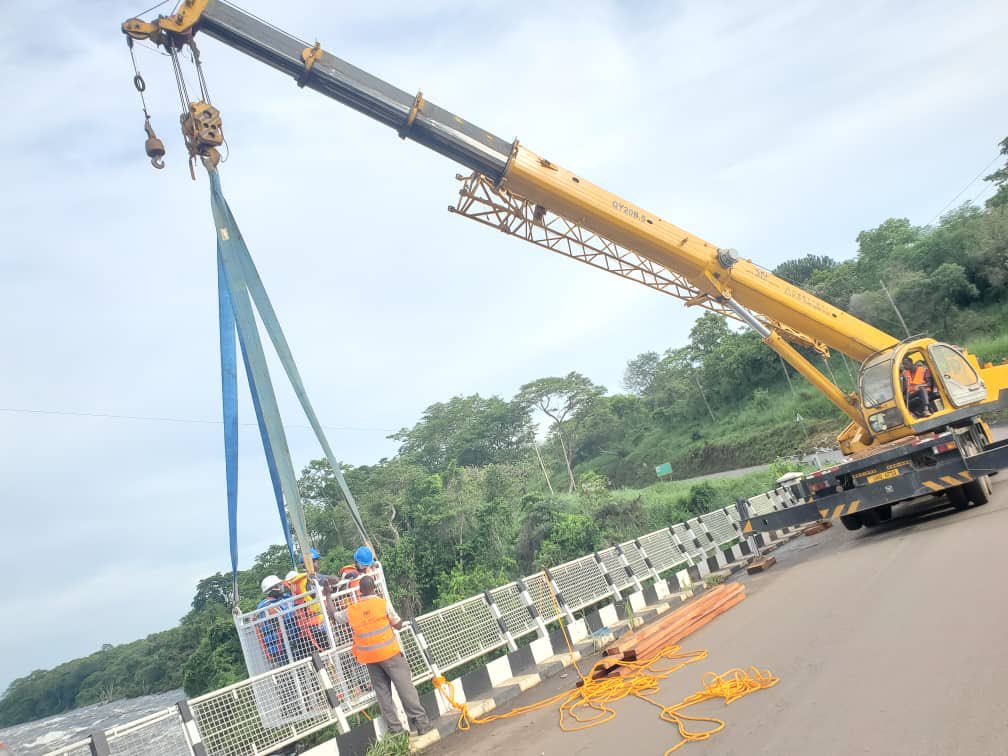The Uganda National Roads Authority (UNRA) has further diverted traffic affected by the closure of Karuma Bridge, with only buses now allowed to ply through Murchison Falls National Park via Luwero-Kafu through Masindi and Paraa.
This traffic connection to West Nile and northern Uganda via Olwiyo and vice versa will now be off limit for trailers, lorries and trucks.
The new traffic advisory, which takes effect Friday, May 24, follows follows wider stakeholder engagements to divert some traffic from the ecologically sensitive environment along the Masindi – Parra route,” UNRA said in a statement on Wednesday.
On May 6, the government redirected traffic flow at the Karuma Bridge after engineers discovered critical defects in the 61-year-old structure that necessitated urgent intervention. The bridge, a vital link between Kampala and northern Uganda, West Nile, DR Congo via Goli, and South Sudan, has been closed to all lorries, trailers, and buses for three months. Only passenger vehicles with a capacity of up to 28 persons are allowed to use the bridge during this period. UNRA anticipates completing the necessary repairs within three months.

Constructed in 1963 to aid cotton farmers in northern Uganda, the Karuma Falls Bridge is a narrow, single carriageway without pedestrian or bicycle lanes and lacks monitoring equipment, making it prone to significant accidents. The rerouting of traffic through Uganda’s largest national park, which spans 3,840 square kilometers, raised concerns among conservationists about the potential disruption to wildlife.
UNRA assured that the alternative route through Murchison Falls National Park is fully paved and involves a shorter distance of about 20 kilometers, minimizing the impact on wildlife movement and behavior. The Luwero-Kafu route through Masindi and Paraa, now restricted to buses and lighter vehicles that opt to pay park fees, covers over 70 kilometers of paved road. This measure aims to protect Uganda’s wildlife heritage by significantly reducing disturbance to wildlife, according to UNRA spokesperson Allan Ssempebwa.
Ssempebwa further noted that buses pose less of a threat compared to trucks and lorries due to their minimal engine noise and lower likelihood of breakdowns.
In the long term, the government plans to construct a cable-stayed bridge, similar to the New River Nile Bridge in Jinja City, to replace the Karuma Falls Bridge. This new bridge will provide a sustainable solution to the current transportation challenges. In the interim, UNRA’s engineers are working on repairs to ensure the smooth and complete restoration of traffic until the permanent solution is implemented.















